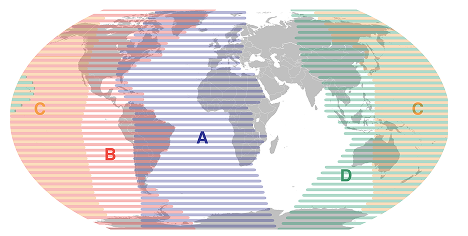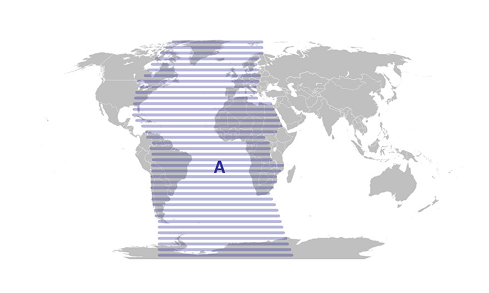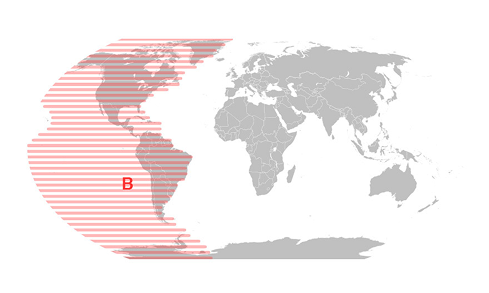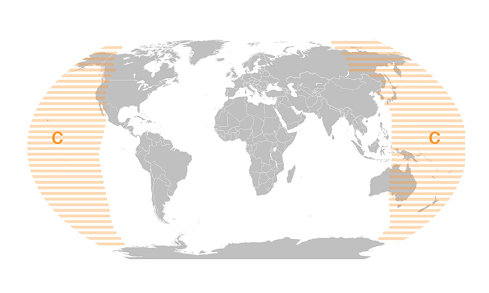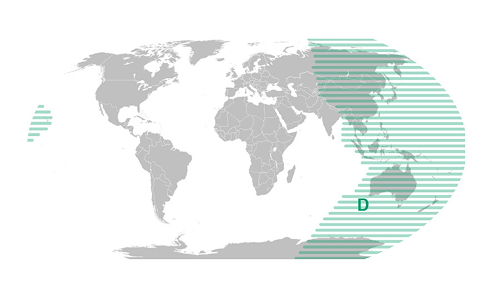
There is an American comedian who has a skit about “the forever empty”. He talks about how we are all using our cell phones and risking car accidents from texting and driving because the feelings of loneliness and sadness in “the forever empty” are so potent.
When a young mom asked me how to help make sure her son had a better life than her, I thought of the forever empty. I thought of the emotional cup we all have inside of us and I talked to her about this cup. I asked her who filled that cup up for her. She said, “no one… there’s just this big void.”
Gently, I asked her how she manages to deal with the pain of that big void and she listed out all the things she has done to hurt herself in an effort to not be in so much pain.
We all do this in one way or another and to some degree. When our emotional cup isn’t full enough and that forever empty starts creeping up, we do all sorts of things to temporarily fill up that void. Some of us use alcohol, or drugs, or drama-filled relationships. Some of us use food or sex or gambling. Some of us try to get someone else to take the pain away and some of us hide away from everyone until the pain isn’t so intense.
Here’s what I shared with the mom: the anecdote to the forever empty is the bottom half of the circle. It’s snuggling. It’s cuddling. It’s holding. It’s connecting. It’s safety. It’s protection. It’s Being-With. It’s soothing. It’s delight. It’s love.
It’s putting down the phone and looking at someone while talking. It’s working through a conflict even when it makes you nervous and uncomfortable. It’s offering the protection of boundaries and structure. It’s being flexible and wise. It’s being kind and loving.
The void gets smaller and more manageable when we have experiences of being with safe people who care about us. People who turn toward us even when we worry we are being too much for others. People who tell us the things we need to know about ourselves with gentle compassion.
We fill the void with alcohol or food or drugs or drama when we can’t fill the void with a loving other. True cup filling is so much more than the temporary filling - a quick fix that actually makes the void bigger and deeper and more intense. In some ways, it’s similar to anxiety: when you avoid safe things because they make you feel uncomfortable, it helps for a moment. But then the anxiety comes back, growing stronger with each avoidance and finding new things to worry about. So it is with the void: when you avoid true connection through an unwise choice, the void grows stronger, deeper and more consuming.
So, I spoke with this mother about finding safe people who will fill her cup. About finding people who will be part of her tribe. We spoke about danger signs of unsafe people and how to begin to trust her gut. To set boundaries. To trust that one or two solid people is much better for her than dozens of unreliable people. To experience the bottom half of the circle with trustworthy and consistent people.
Most importantly, we spoke about filling her son’s cup....finding multiple times every day to snuggle him, cuddle him, talk with him, hold her arms open, make eye contact, delight in him, hug him, protect him. To consistently be available to him on the bottom half of the circle. Because in the filling of her son’s cup, it just may be that her forever empty will also feel a little less lonely.



